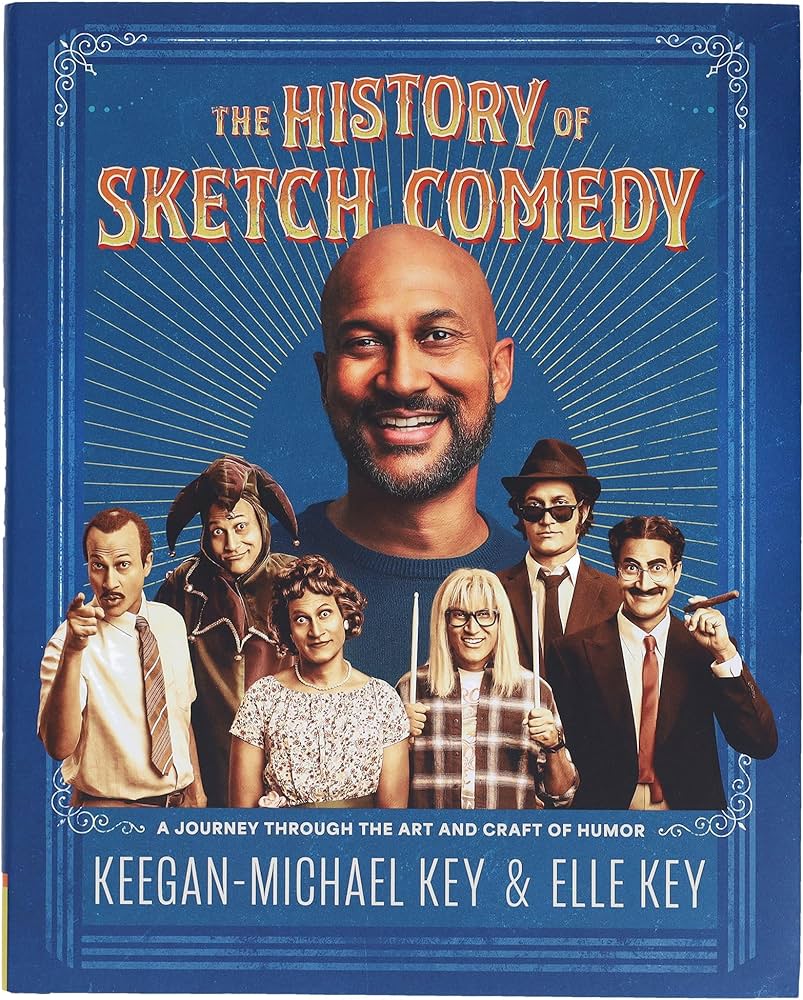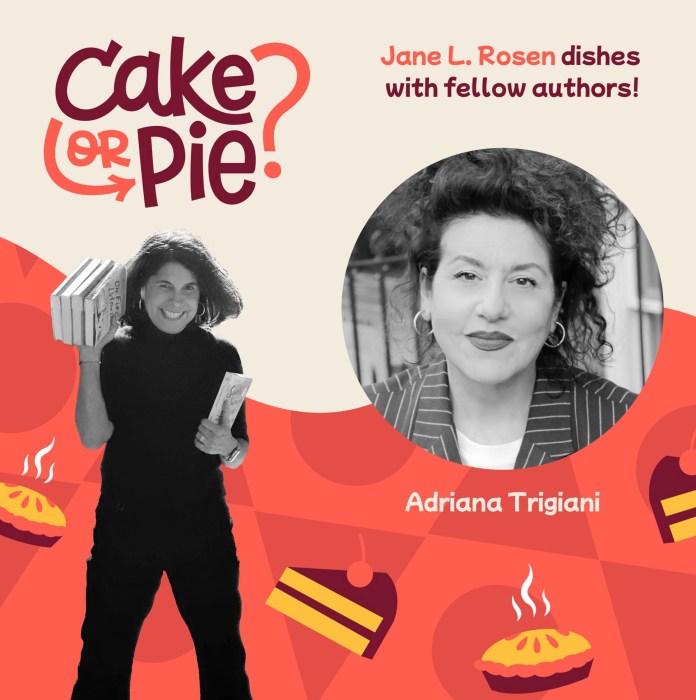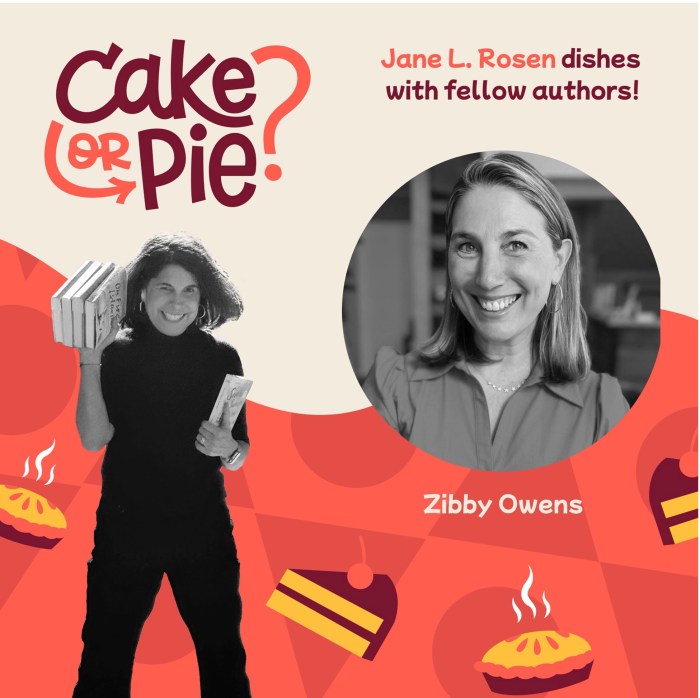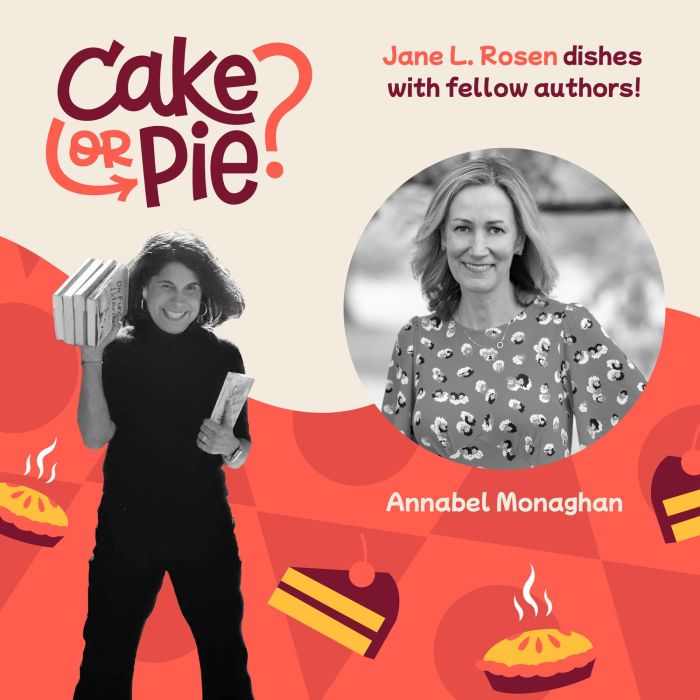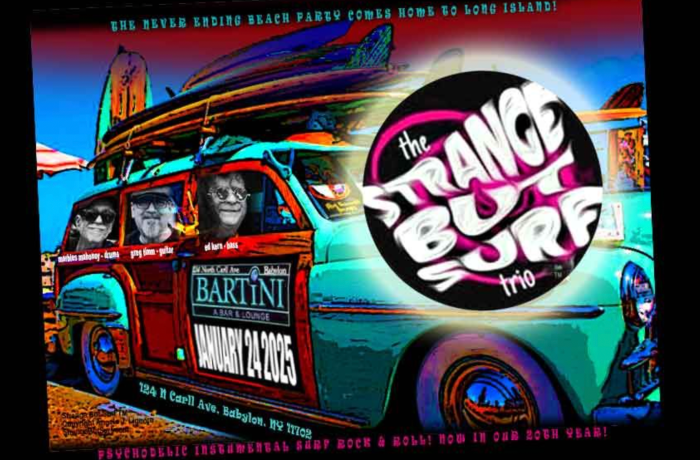The History of Sketch Comedy:
A Journey Through the Art and Craft of Humor
by Kegan-Michael Key & Elle Key
Non-Fiction, Chronicle Books
Keegan-Michael Key and his wife, Elle Key, writer, director and film producer, bring “The History of Sketch Comedy: A Journey Through the Art and Craft of Humor,” to folks who like to laugh. Which means everyone!
Winners of the Webby Award—an international salute celebrating excellence on the internet—the Keys provide an all-out A to Z opus on what’s funny and why. From the traveling, Greek Dorian mimes, through the 16th century and commedia dell’arte, to the rise of vaudeville and burlesque; the golden age of TV comedy—Milton Berle and Sid Ceaser, we will never forget you!—to comedy schools and movies and TV specials. It’s all in the book. Everything you always wanted to know about sketch—a series of short, amusing scenes or vignettes—and everything you didn’t know there was to know.
Scholarly in its research—Mathurine, one of the most famous court jesters, performed for Henry III, Henry IV, and Louis XIII with her “infamous razor-sharp wit”—and entertaining in its breezy telling—“It has rude Frenchmen, killer rabbits, God is in it. I’m telling you, it’s jam-packed. It even has farts. God and farts…? See, everything.”—this comedy compilation will both enlighten and amuse you.
Personal essays from world-known comedians such as Julia Louis-Dreyfus, Carol Burnett, and Tracy Morgan give their take on the why and how of comedy and sketch. Mel Brooks opines: “I’ll tell ya,’ a sketch, if it a good sketch, should have a beginning, a middle and an end, and it should have tremendous references that the audience really knows, so you don’t have to work hard getting the laughs.”
Aspiring comedians will learn a thing or two from Albert Einstein. Yes, the greatest scientific thinker of all time valued imagination, play and fun: “If you want your children to be intelligent, read them fairy tales. If you want them to be more intelligent, read them more fairy tales,” Keegan-Michael Key did have fun, honing his craft in the “hallowed halls of a classroom,” in high school and at Penn State where he learned Shakespeare “and some Ibsen, and some mime,” and then at Second City, the famous improv group based in Chicago.
Schools for comedy was news to Chris Rock. Twenty-three, already a stand-up, “Huh!” he said, “There’s a place for that?! I didn’t even know it existed… That’s how otherworldly that stuff is. You didn’t even now that shit exists.” But comedy isn’t all laughs; it’s study and timing and science; it’s craft and it is an art, with its own vocabulary:
Heightening—When something is funny and you add a twist to it, better still, “a twist on a twist” is heightening.
Game—A great sketch that stays with you has game.
Breaking—When a performer finds something so funny they can’t stay in character they are breaking.
The Keys cite the Brits as “talented comedic trail blazers” with a “very subtle and sophisticated,” comic sensibility that derives from their culture of politeness. And yet he says, their comedy can sound polite, but be “deliciously wicked at the same time.” Think, Benny Hill, “…one of the greatest practitioners of lowest common denominator comedy,” whose off-color humor was loved both by the British and we Americans as well.
The duo doesn’t only tell about sketch comedy, they lay out favorite transcripts from memorable sketches and show readers why, say, a particular bit between Michael Palin and John Cleese of Monty Python troupe becomes a memorable piece. Reading the Keys’ breakdown of “Substitute Teacher” (215 million views and counting on YouTube, and I can see why) added to my pleasure of watching it. Mr. Garvey, an inner-city teacher subbing in an upper-middle-class suburban school, butchering the students’ names—“Jay Quillen” for Jacquelin; “Dee-nice” for Denice—is priceless.
A newbie to their work—senior here, maybe it’s generational—but now a diehard fan after reading their book (and binge-watching YouTube). Readers, the sketches are laugh-out-loud. Elle Key’s original sketches (visual, not verbal) add a personal touch and immediacy to the text.
“The History of Sketch Comedy” is one read you’ll not only enjoy but will learn from, and perhaps as I did, gaining new respect and admiration for the folks who make us laugh.



